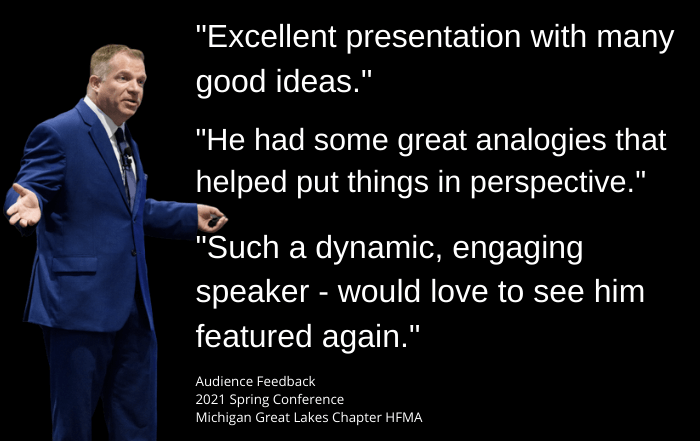 Have you ever noticed how some leaders start strong but lose their edge over time? A recent LinkedIn poll I conducted asked: Why do good leaders get worse over time? The results revealed key challenges that even the best leaders can face:
Have you ever noticed how some leaders start strong but lose their edge over time? A recent LinkedIn poll I conducted asked: Why do good leaders get worse over time? The results revealed key challenges that even the best leaders can face:
- Burnout: 40%
- They stopped learning: 33%
- They take staff for granted: 19%
- Poor delegation skills: 7%
Let’s dive into these insights and explore strategies to address them.
Burnout: The Silent Career Killer
Burnout was the top response, with 40% of the vote. Leaders often push themselves too hard, neglecting self-care. Over time, this leads to decreased performance and decision-making. Establish boundaries and delegate effectively to reduce stress. For insights on possible challenges, check out my video on self-care barriers.
If you put in extra time at your job, then you need to balance it out with positive activities when you’re off the clock.
Why Good Leaders Get Worse Over Time: Continuous Learning
The poll showed that 33% of respondents believe leaders get worse because they stop learning. Leadership is an ongoing journey, and staying stagnant can be a career killer.
To avoid this, commit to professional development by attending workshops, reading industry trends, or seeking mentorship. My post on how to boost teamwork offers tips on fostering growth within teams—a key part of leadership learning.
For an external perspective, check out this article from Harvard Business Review about how to get started on improving your continuous learning.
Avoid Taking Staff for Granted
Nearly 20% of respondents pointed to taking staff for granted as a major pitfall. Leaders who fail to appreciate their team’s efforts risk losing trust and morale.
I understand that demanding workloads may keep some from showing appreciation. But it’s important to find the time to salute your team. Being too busy will ultimately hurt morale and retention.
Small gestures, like recognizing accomplishments or giving constructive feedback, can go a long way. Check out my article on work-life balance challenges to learn how fostering a positive work environment benefits everyone.
Mastering Delegation
Though only 7% cited poor delegation, it’s still critical. Leaders who micromanage limit team growth and increase their own workload. Effective delegation empowers employees and builds trust.
It’s very hard for a leader to oversee everything. Some would call it exhausting.
If this kind of adjustment feels strange, start small and see how your team responds to a little more independence.By addressing these pitfalls and focusing on continuous improvement, leaders can stay sharp and avoid losing their edge. Remember, leadership is a marathon, not a sprint. Make your journey count!






